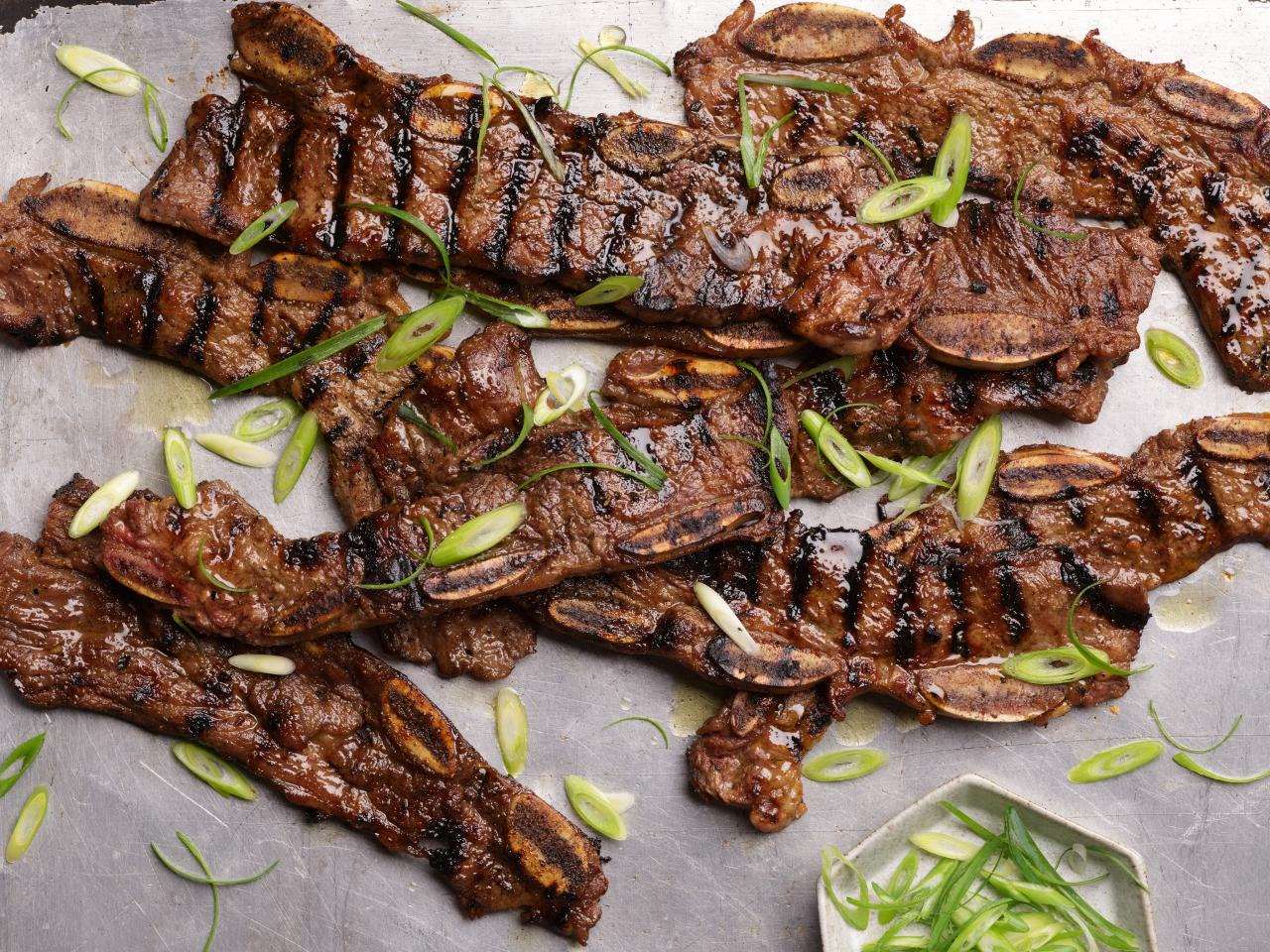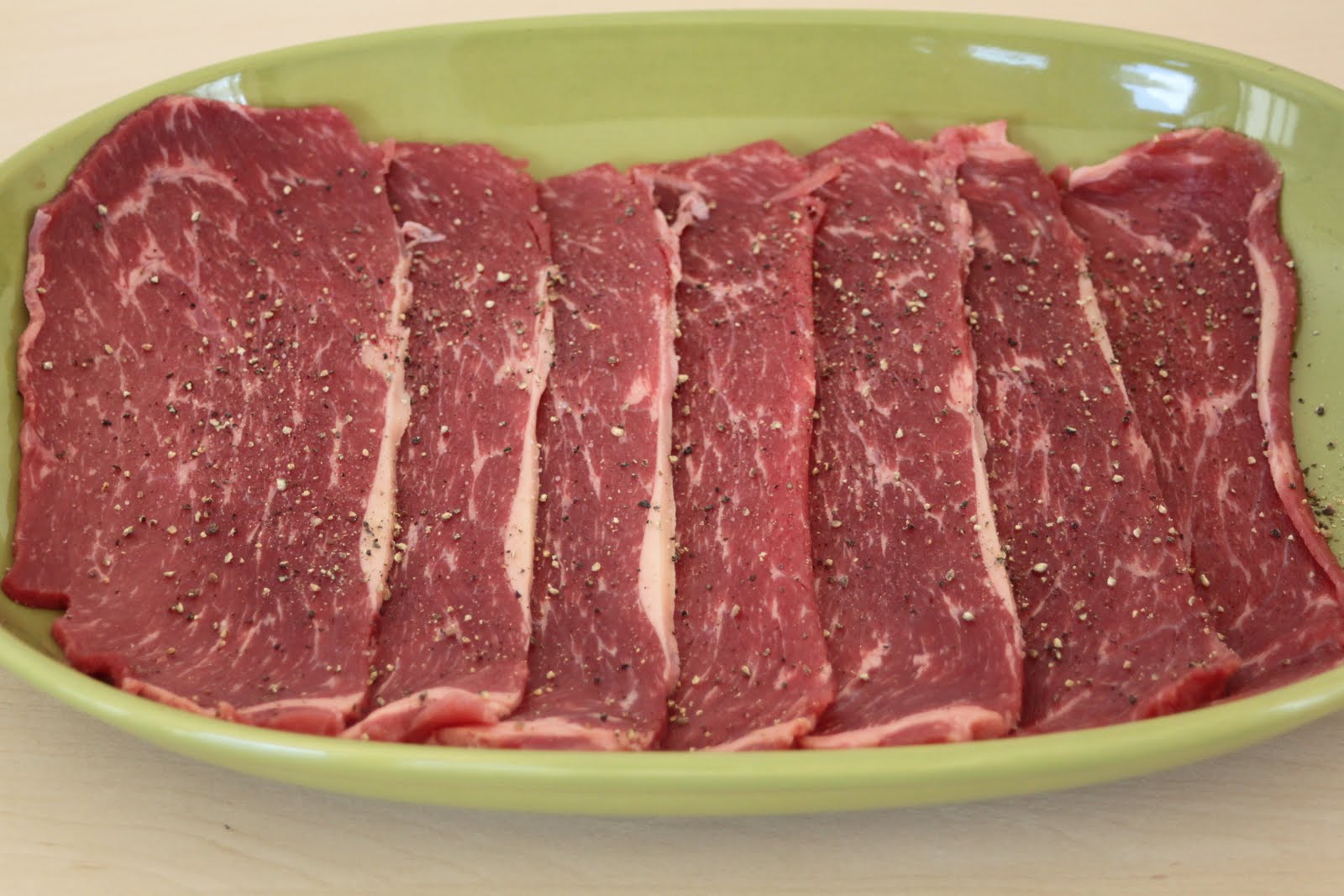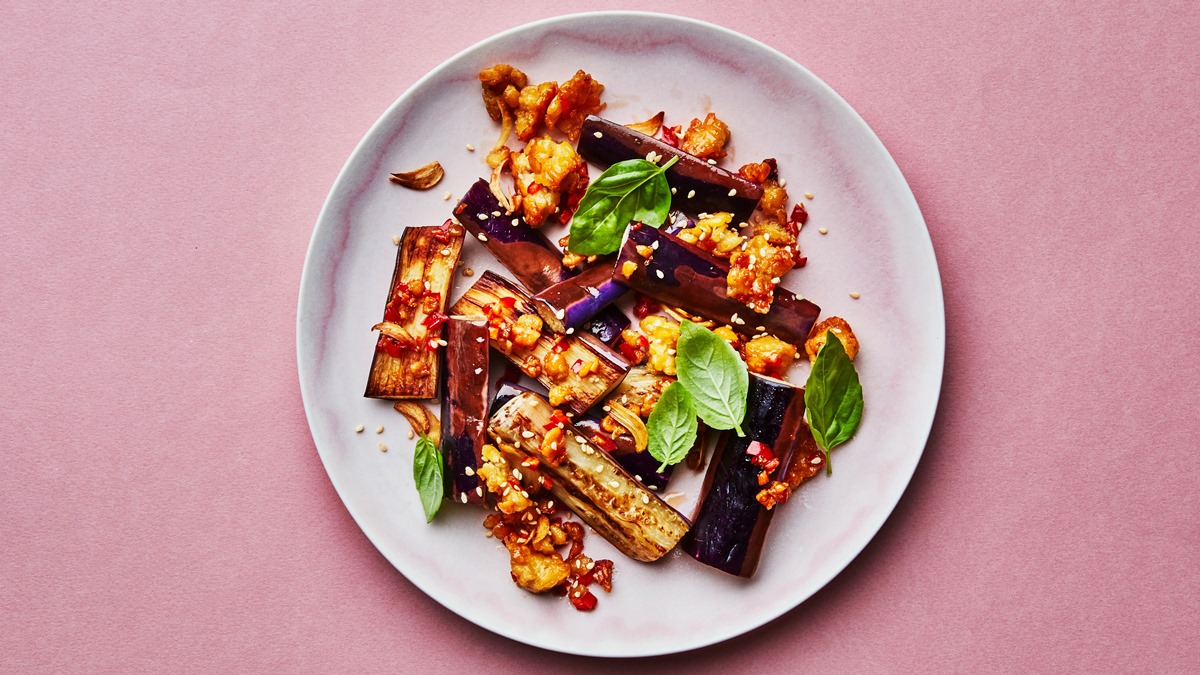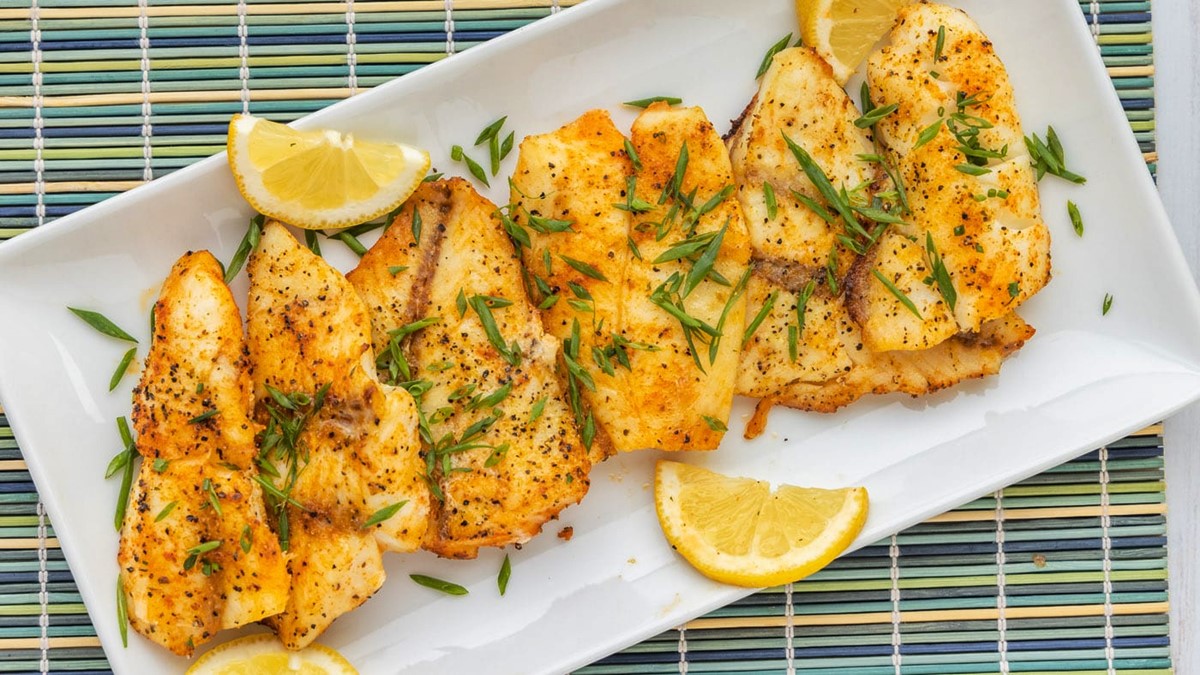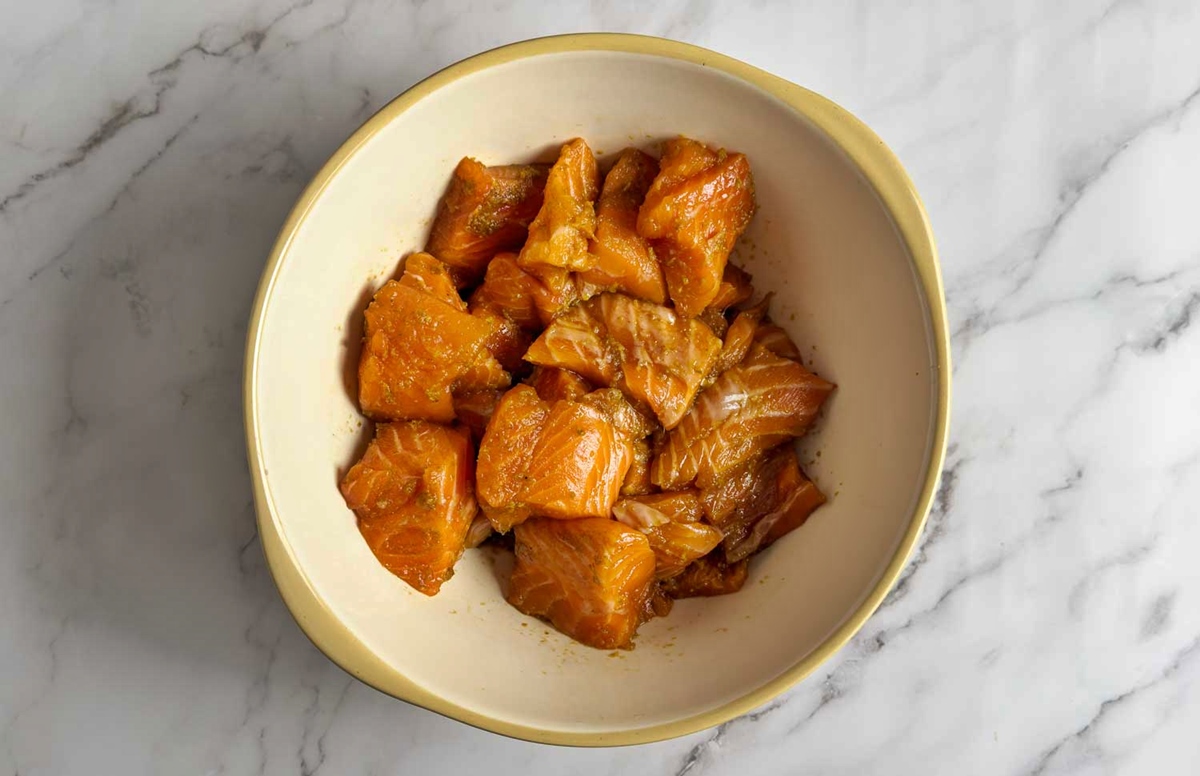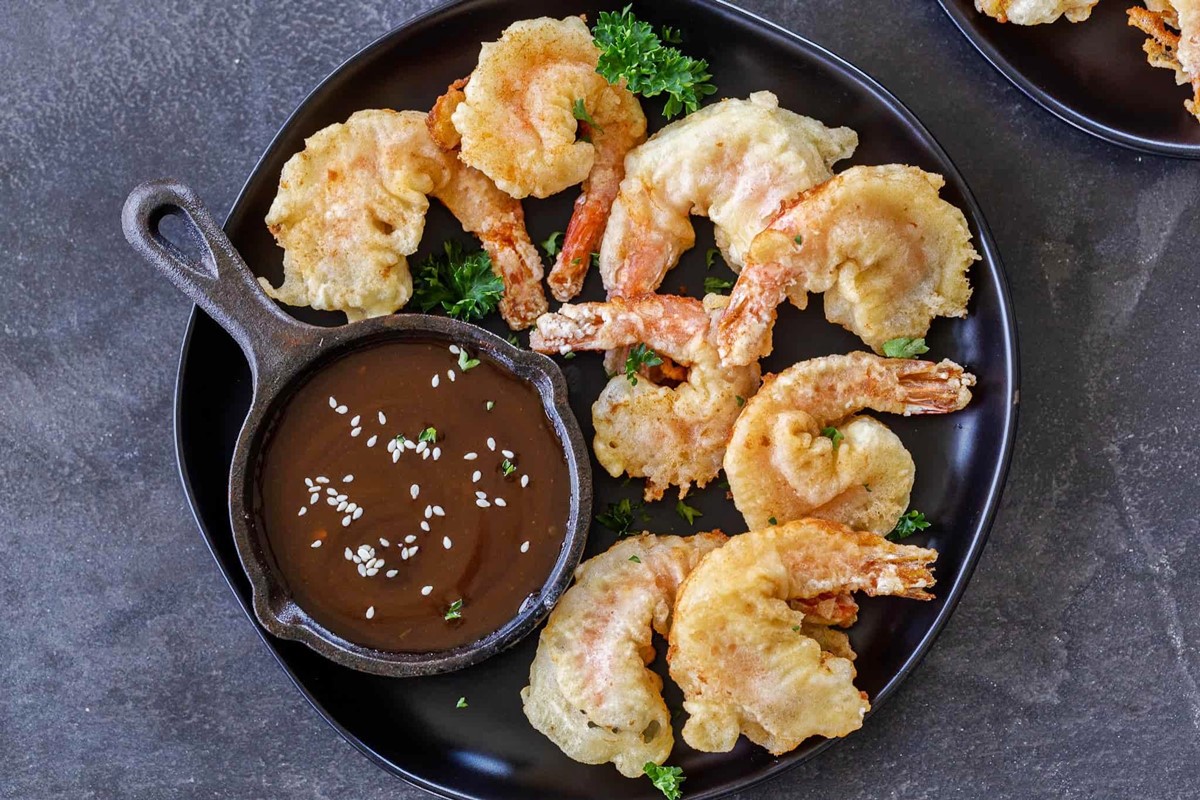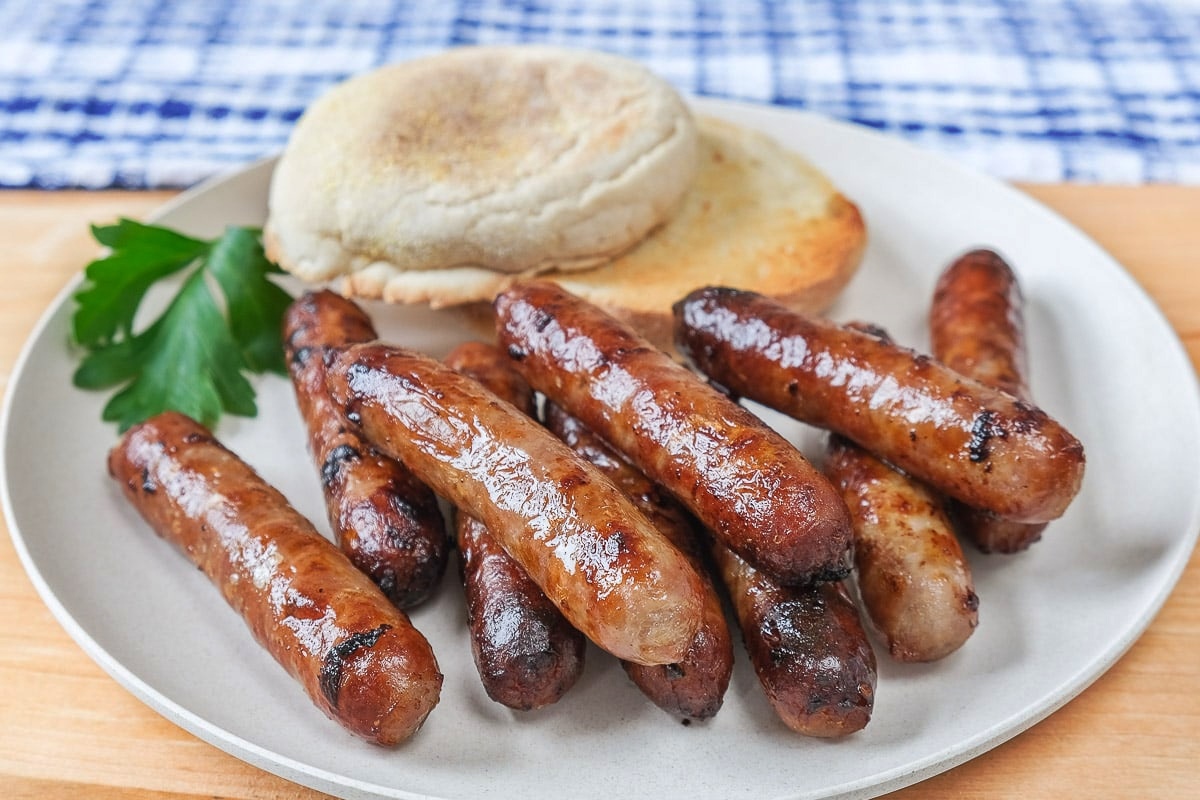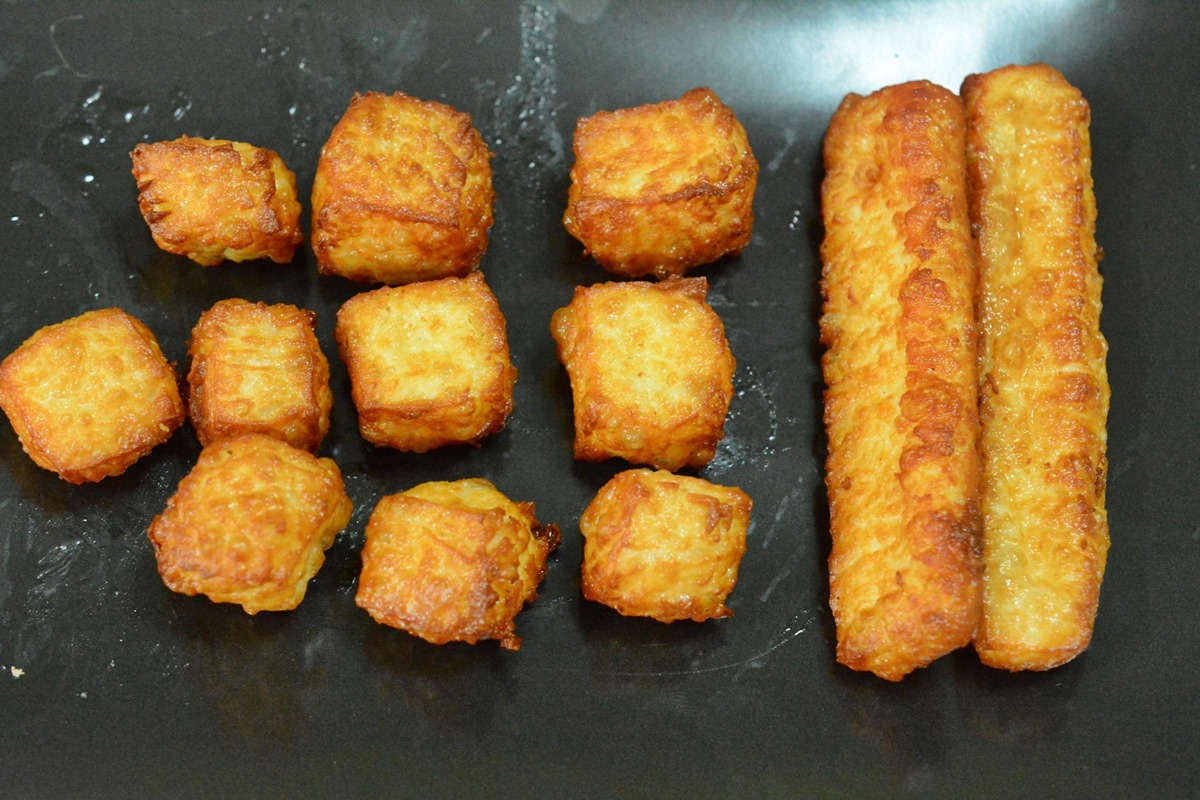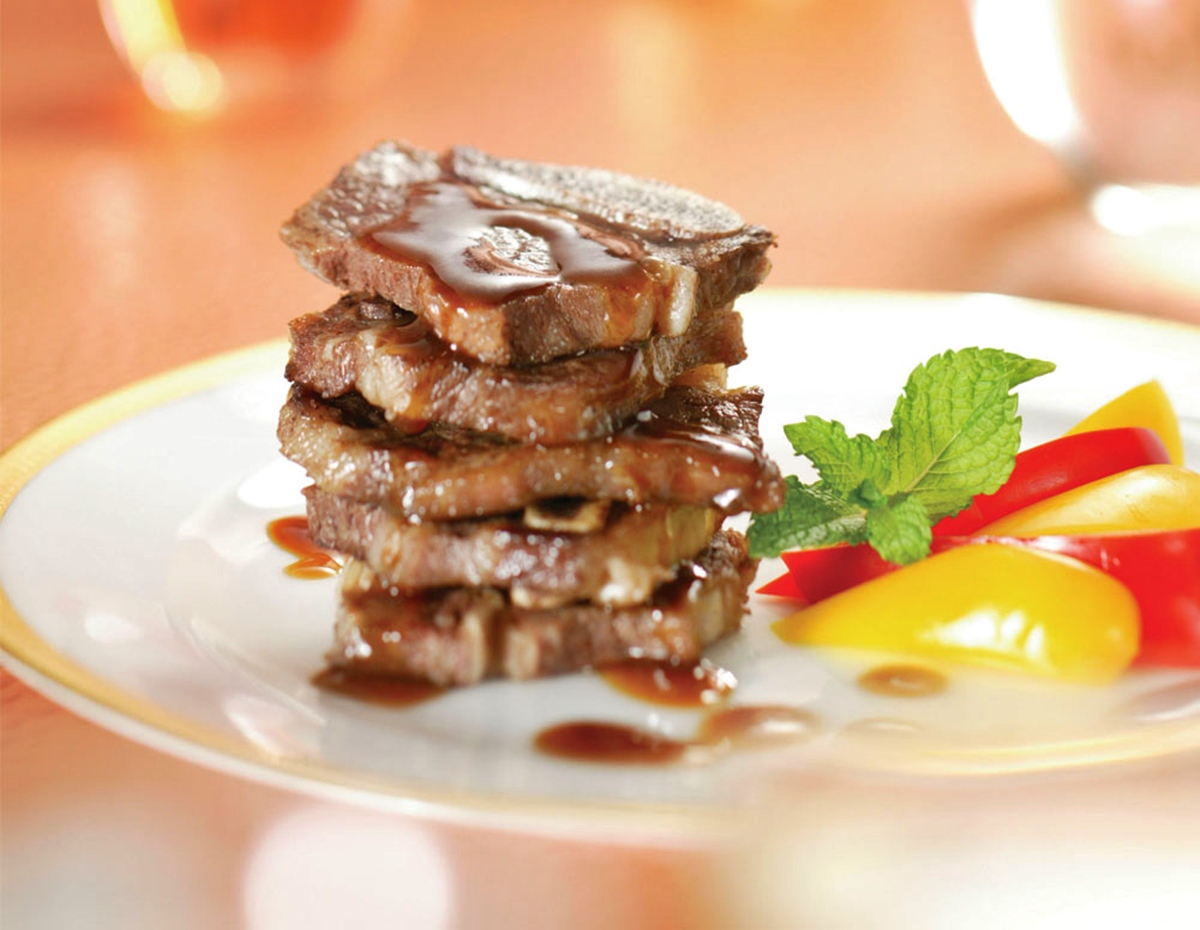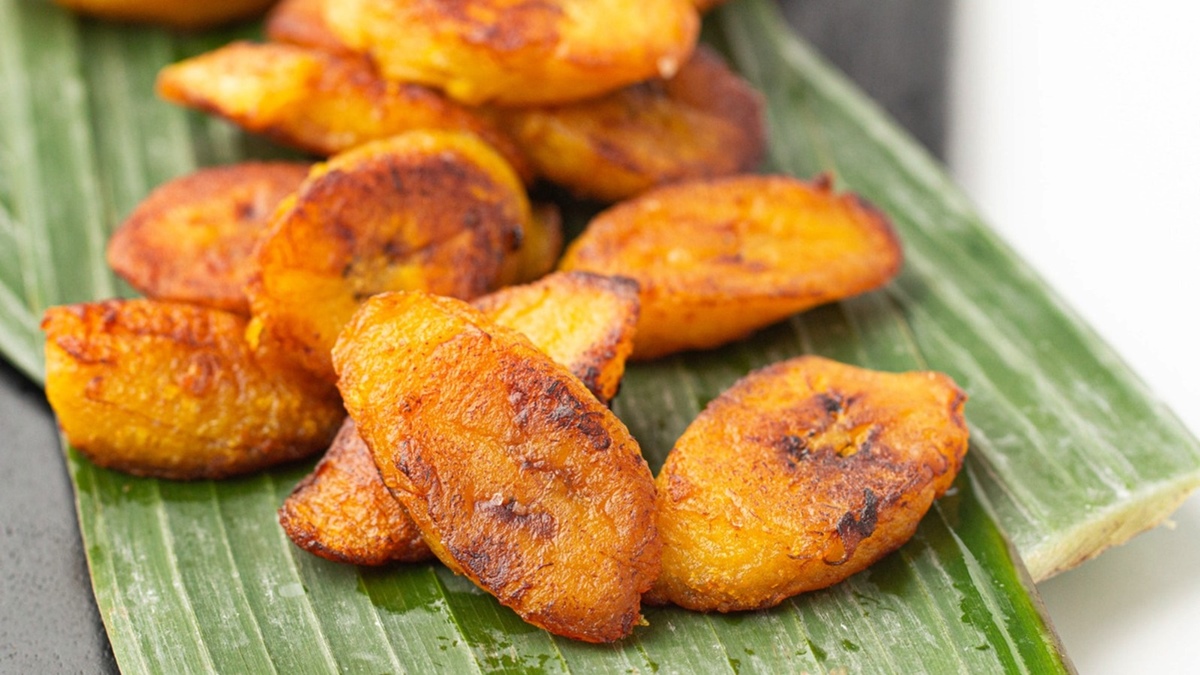How To Fry Eggplant Without Absorbing Oil
Are you tired of your eggplant dishes turning out greasy and oily? We hear you! Frying eggplant can be a challenge, as it often absorbs a lot of oil during the cooking process. But fear not, because we have some tips and tricks to help you fry eggplant without it becoming a grease sponge. Get ready to enjoy crisp, flavorful eggplant that won’t leave you feeling weighed down!
1. Choose the Right Eggplant
When it comes to frying eggplant, not all varieties are created equal. Look for younger, smaller eggplants that are firm to the touch. These types of eggplants tend to have less moisture and are less likely to absorb excessive amounts of oil during frying.
2. Salt and Drain the Eggplant
One effective way to reduce the oil absorption in eggplant is by salting and draining it before cooking. Sprinkle salt on the sliced or diced eggplant and let it sit for about 30 minutes. This process will draw out some of the moisture, making the eggplant less likely to soak up oil during frying. Rinse the salt off and pat the eggplant dry before proceeding with the cooking process.
3. Use a High Heat Cooking Method
When frying eggplant, opt for high heat cooking methods such as pan-frying or stir-frying. The high heat will quickly sear the outer layer of the eggplant, creating a barrier that prevents excessive oil absorption. Avoid deep-frying, as this cooking technique often results in oil-soaked eggplant.
4. Get the Oil Temperature Right
Before adding the eggplant to the pan, make sure the oil is hot enough. If the oil is not hot, the eggplant will have more time to soak it up. Heat the oil until it shimmers and carefully add the eggplant in small batches, giving each piece enough space to cook evenly. This way, the eggplant cooks quickly and absorbs less oil.
5. Use a Light Breading or Batter
To further reduce oil absorption during frying, use a light breading or batter on the eggplant. This can be as simple as dipping the eggplant slices in a mixture of beaten egg and a small amount of flour or breadcrumbs. The breading or batter creates a protective layer that minimizes oil absorption while still giving the eggplant a crispy texture.
6. Properly Drain and Remove Excess Oil
After frying the eggplant, it’s important to drain it properly to remove any excess oil. Place the cooked eggplant on a paper towel-lined plate or rack to allow the oil to drain off. You can also gently blot the eggplant with a paper towel to absorb any lingering oil on the surface.
7. Serve Immediately
Eggplant is best enjoyed when it’s hot and fresh out of the pan. Serve your deliciously cooked eggplant immediately to maintain its crispy texture. Waiting too long before serving can cause the eggplant to become soggy and potentially lead to more oil absorption.
By following these tips, you’ll be on your way to frying eggplant without it absorbing excess oil. Enjoy the crispy goodness of well-cooked eggplant dishes while keeping that greasy feeling at bay. Happy frying!
To master the art of frying eggplant without it soaking up oil, readers can dive into an array of delicious recipes. They can start with Spicy Eggplant Tacos which offer a burst of flavors while keeping the eggplant light and crispy. Another great choice is Thai Basil Eggplant, where the fragrant basil perfectly complements the tender eggplant without the excess oil. For a more Mediterranean twist, try Eggplant and Tomato Bruschetta, where the eggplant stays firm and flavorful atop a crispy baguette. Those looking for a heartier meal can opt for Moroccan Eggplant Tagine, a dish that combines spices and textures beautifully. Lastly, Eggplant and Quinoa Salad is a refreshing and nutritious option that makes for a satisfying, oil-free meal. These recipes not only highlight the versatility of eggplant but also ensure it remains deliciously non-greasy.
Was this page helpful?
Read Next: How To Fry Donuts Without A Deep Fryer
